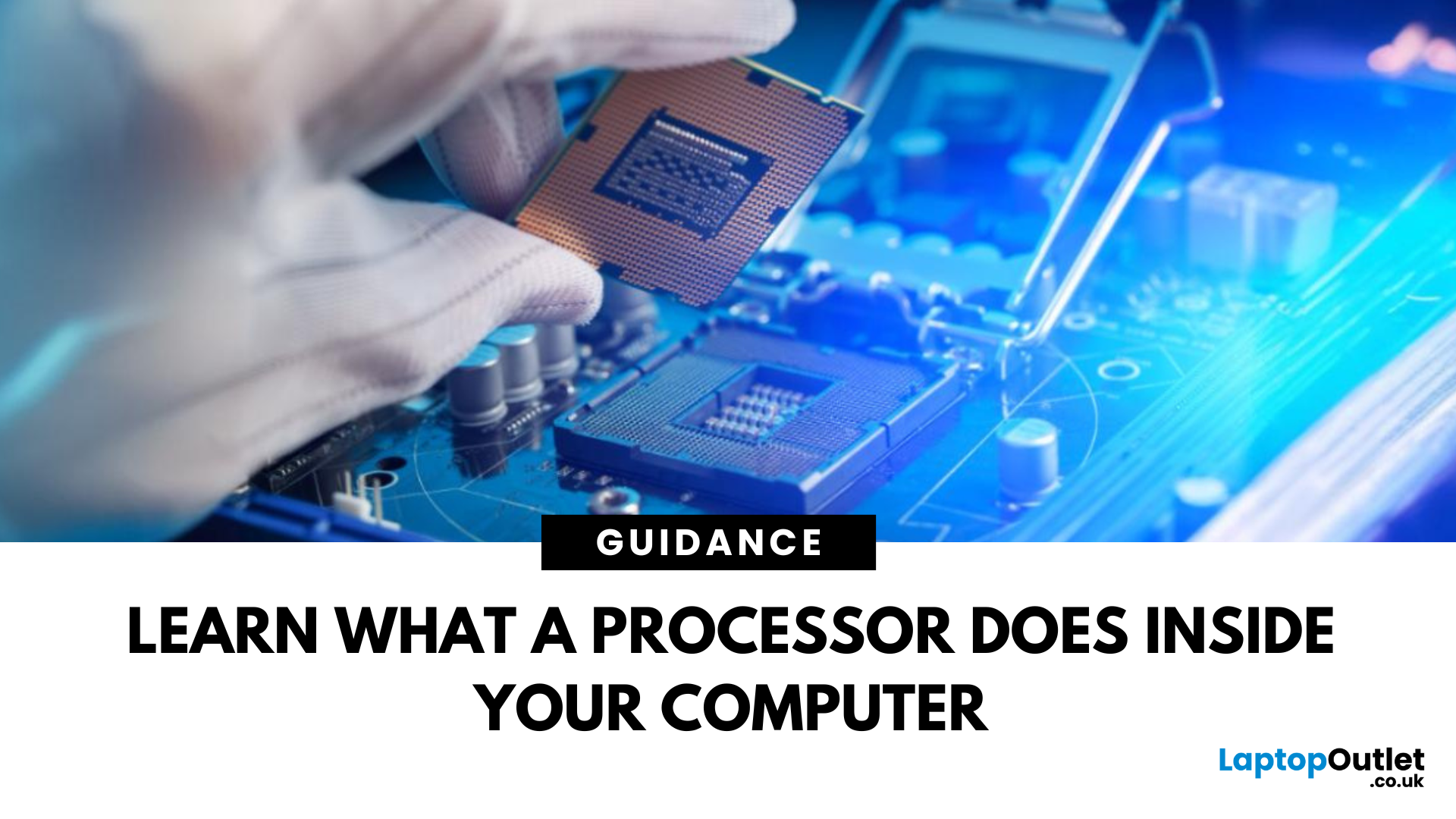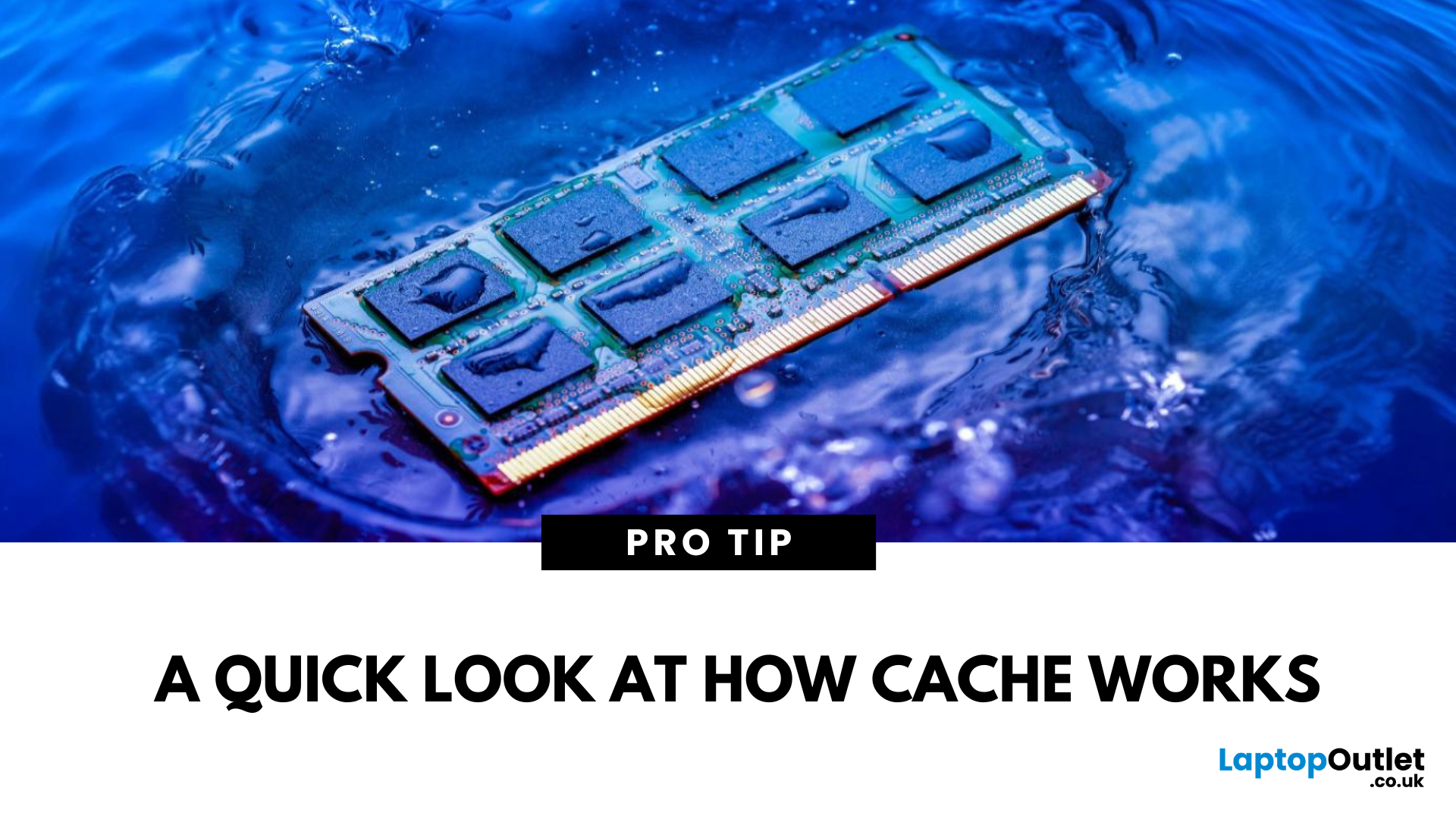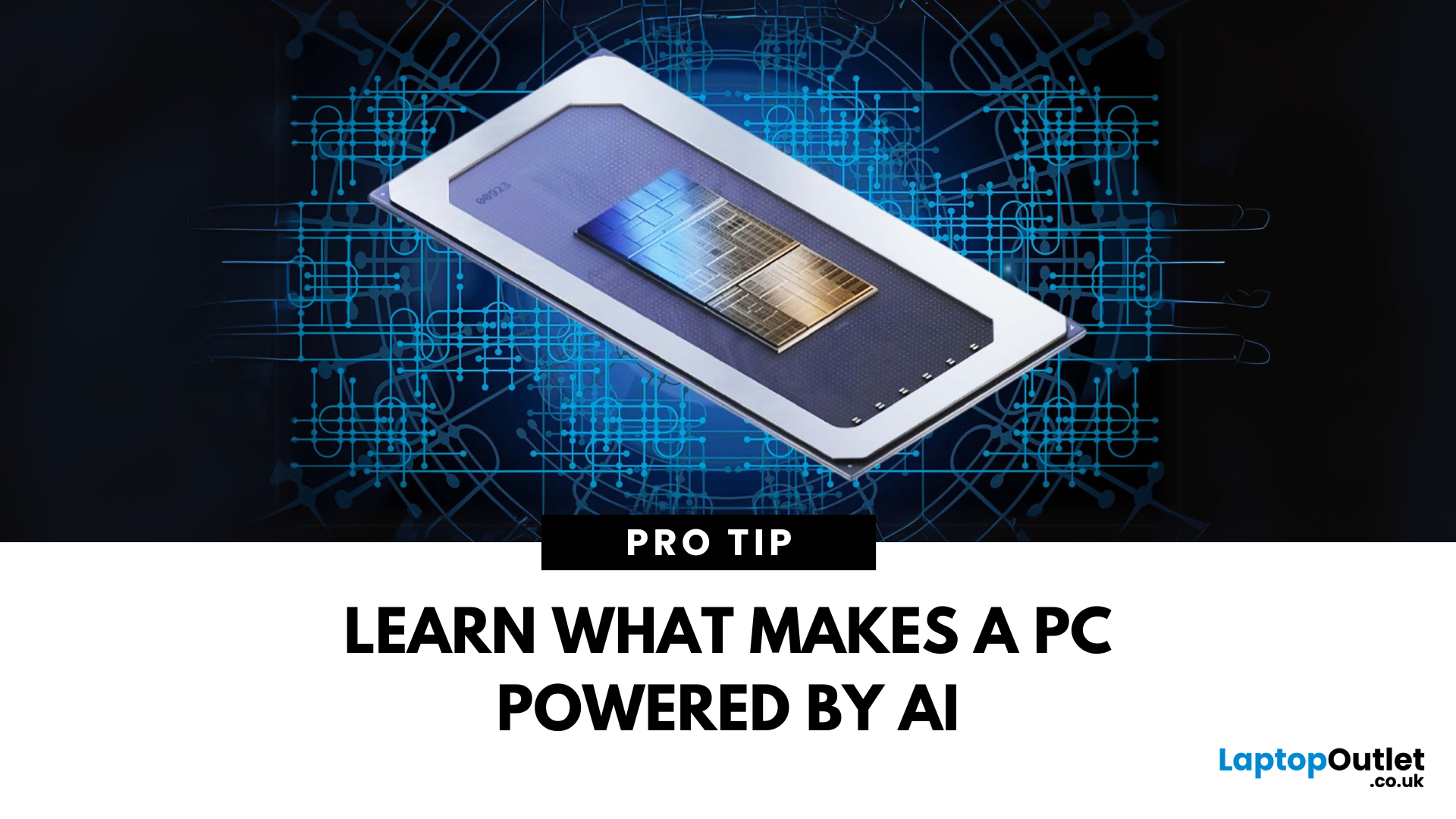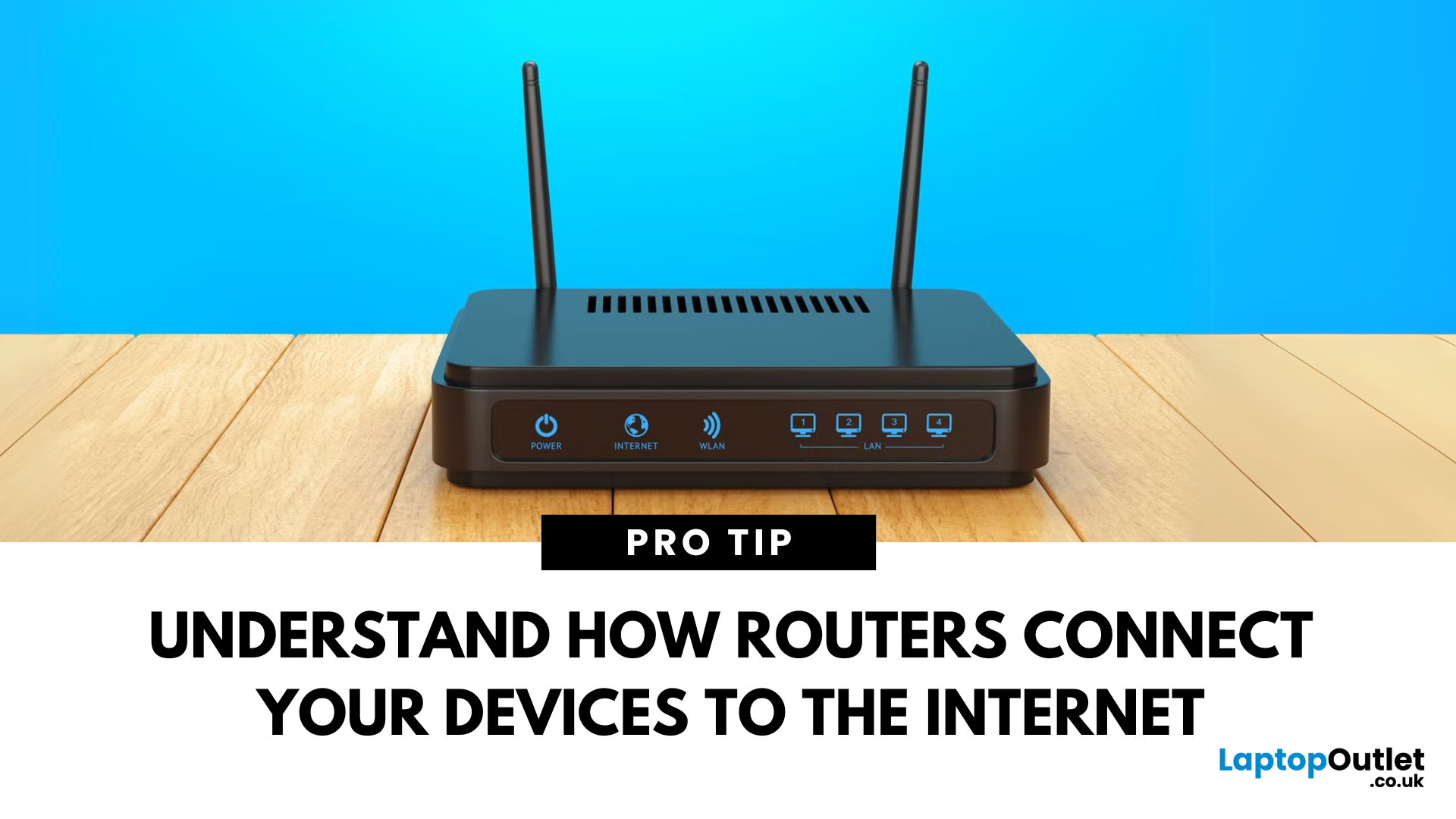What Is a Processor

The Brain Behind Your Computer
Every laptop, PC, tablet, or smartphone relies on one powerful chip to function smoothly—the processor. But what is a processor, exactly? Here’s a beginner-friendly guide to understanding what a CPU does and why it’s critical for your device’s performance.
What Is a Processor? (CPU)
A processor, also known as a CPU (Central Processing Unit), is the main chip in your device that handles all instructions from software and apps.
Think of it as the brain of your computer—it interprets, calculates, and executes commands to keep everything running.
What Does a Processor Do?
- Executes program instructions (open apps, load files, browse the web)
- Performs millions of calculations per second
- Coordinates tasks between memory, storage, and graphics
Processor Specs to Know
Cores:
- More cores = better multitasking
- Dual-core, quad-core, hexa-core, octa-core, etc.
Threads:
- Virtual cores that boost efficiency
- More threads improve performance in multitasking apps
Clock Speed:
- Measured in GHz (gigahertz)
- Higher = faster (but depends on use case)
Cache:
- Temporary memory inside the CPU for quick access to data
Types of Processors
Intel Processors:
- Core i3, i5, i7, i9 – used in most laptops and desktops
- Celeron and Pentium – for budget devices
AMD Processors:
- Ryzen 3, 5, 7, 9 – gaming and multitasking
- Athlon – entry-level tasks
ARM Processors:
- Found in tablets, smartphones, and Apple’s M1/M2 Macs
- Energy-efficient and powerful for mobile
How to Check Your Processor
On Windows:
- Go to Settings > System > About
- Under "Processor", see the full model
On macOS:
- Click Apple icon > About This Mac
Why Processors Matter
- Affects how fast apps open and run
- Impacts gaming, video editing, and multitasking
- Determines energy efficiency and battery life
Looking for a laptop with the right processor? Laptop Outlet offers a full range of Intel, AMD, and Apple devices.
FAQs: Understanding Processors
1. Is a CPU the same as a processor?
Yes—CPU and processor are interchangeable terms.
2. Does more cores mean faster performance?
Not always—it depends on the software. More cores help with multitasking and heavy workloads.
3. What’s the best processor for gaming?
AMD Ryzen 7/9 or Intel Core i7/i9 are great for gaming.
4. Are mobile processors different from desktop CPUs?
Yes—they’re built for efficiency and thermal control in smaller devices.
5. Can I upgrade my processor?
In desktops, yes. In most laptops, the processor is soldered and non-upgradeable.
Read More:
| What Does a Graphics Card Do |
| What Is a Docking Station |
| What Is a USB Stick |
Related Articles

April 25, 2025
Cache—Your Device’s Short-Term Memory
You’ve likely heard the term "cache" when clearing your browser or troubleshooting an app. But what exactly is a cache? In simple terms, a cache is temporary storage used by your device or apps to speed things up.
What Is a Cache?
A cache (pronounced “cash”) is a small amount of fast-access memory that stores temporary data. This helps websites, apps, and devices load faster and perform more smoothly.
Think of it as a memory shortcut—it saves versions of data so your device doesn’t have to reload them every time.
Types of Cache You Might Encounter
1. Browser Cache
- Stores website files like images, scripts, and stylesheets
- Speeds up page loading the next time you visit
2. App Cache
- Apps like YouTube or Instagram store temporary data to load content faster
- Over time, this data can build up and take space
3. System Cache
- Found in operating systems like Windows, macOS, iOS, or Android
- Helps apps and system processes run smoothly

May 06, 2025
A New Era of Computing
You’ve heard of AI in smartphones and smart homes—but now, AI PCs are becoming the next big thing. From smarter performance to predictive features, AI is transforming how laptops and desktops operate. Here’s everything you need to know about AI PCs and why they matter.
1. What Is an AI PC?
An AI PC is a computer that uses artificial intelligence technologies built directly into its hardware and software to:
- Optimise performance automatically
- Predict user behaviour
- Enhance multitasking and battery life
- Improve security and personalisation
Think of it as a computer that adapts to you, rather than you adapting to it
2. How Does an AI PC Work?
AI PCs use a combination of:
- Dedicated AI processors (like NPUs—Neural Processing Units)
- Machine learning algorithms to predict user needs
- On-device AI models that analyse data without needing the cloud
The result? Faster performance, smarter multitasking, and highly efficient energy use—all in real time.

May 12, 2025
What Makes a Chromebook Different?
You’ve probably seen Chromebooks in classrooms, offices, or online stores—but what exactly are they, and how are they different from traditional laptops? Here’s your quick guide to what a Chromebook is and whether it’s the right device for you.
What Is a Chromebook?
A Chromebook is a type of laptop that runs on ChromeOS, an operating system developed by Google. Unlike Windows or macOS devices, Chromebooks are designed to work primarily online and integrate closely with Google services like Gmail, Google Drive, and Google Docs.
How Does a Chromebook Work?
Chromebooks rely heavily on cloud storage and internet access:
- Most apps run in the browser (Google Chrome)
- Documents are stored in Google Drive by default
- ChromeOS boots quickly and updates automatically
You can also install Android apps from the Google Play Store on newer models
Key Features of a Chromebook
- Fast boot-up times
- Automatic security updates
- Lightweight and affordable

May 22, 2025
Your Wi-Fi Starts Here
You’ve probably seen it flashing away in the corner of the room—but what is a router, and why is it essential for your internet connection? Here’s everything you need to know about this small but powerful device.
What Is a Router?
A router is a device that connects your home or office to the internet by routing data between your internet service provider (ISP) and your connected devices (like phones, laptops, smart TVs, and more).
It’s the heart of your Wi-Fi network, sending and receiving data from the web
How Does a Router Work?
- Connects to a modem (or includes one in some models)
- Assigns local IP addresses to devices in your network
- Sends and receives data packets to and from the internet
- Uses Wi-Fi or Ethernet to link devices wirelessly or via cable
Types of Routers
- Standalone Router: Connects to a separate modem
- Modem-Router Combo: Two-in-one device with both modem and router
- Mesh Wi-Fi Router: Covers large homes with multiple units
